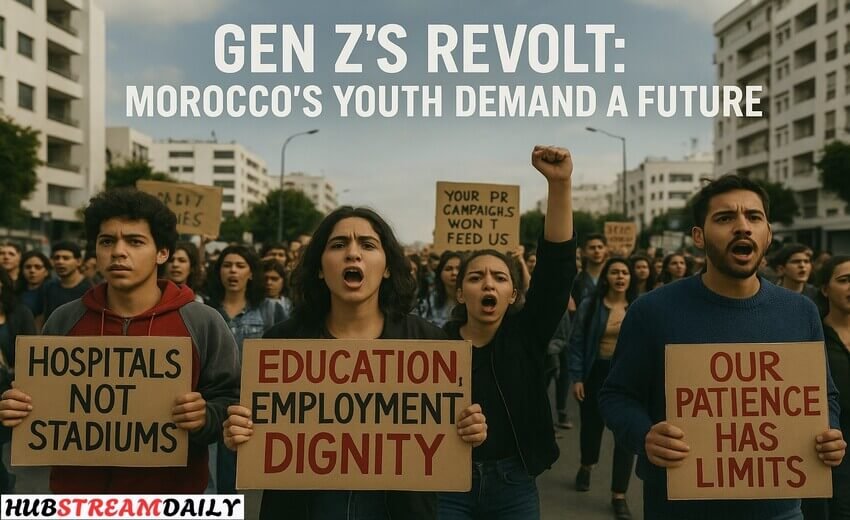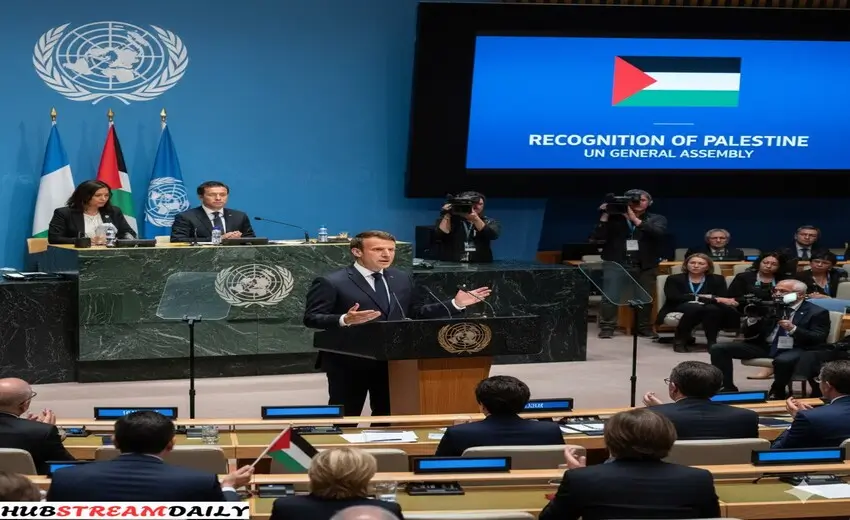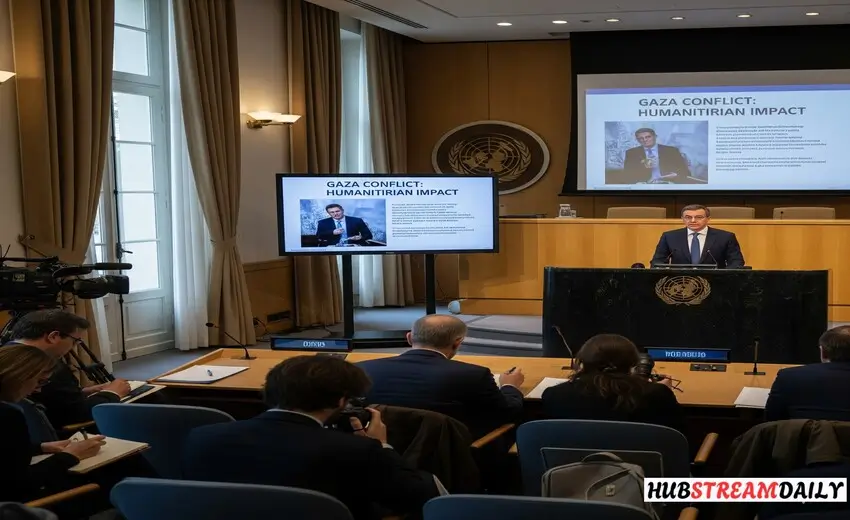
In the corridors of diplomacy and humanitarian crises, there are stories that rarely make it to the front pages. One such story is India’s quiet and controversial decision to deport Rohingya refugees back to Myanmar—a country accused by international observers of committing genocide against them. While India has been seen globally as a democratic giant and a refuge for the oppressed, this act of deportation has drawn sharp criticism, raising questions about its commitment to human rights, international law, and its own historical ethos of sheltering the persecuted.
The Rohingya, described by the United Nations as “the world’s most persecuted minority,” fled Myanmar in droves after the military crackdown in Rakhine State in 2017. Many sought safety in Bangladesh, others crossed borders into India, hoping for dignity and survival. But for some, the promise of refuge was tragically cut short as India began quietly sending them back across the border—to the very place they had risked everything to escape.
A Brief Background: Who Are the Rohingya?
The Rohingya are a Muslim ethnic minority primarily from Myanmar’s Rakhine State. For decades, they have faced discrimination, statelessness, and systemic violence under Myanmar’s government. Denied citizenship under the 1982 Citizenship Law, they have been rendered “illegal immigrants” in their own homeland.
The crisis reached global attention in August 2017 when Myanmar’s military launched a brutal campaign of killings, rapes, and village burnings, forcing more than 700,000 Rohingya to flee to Bangladesh. Human rights organizations and the United Nations later accused Myanmar of ethnic cleansing and even genocide.
Despite this, thousands of Rohingya made their way into India, hoping that the world’s largest democracy would provide them with safety.
India’s Stance on Refugees: A Complex Reality
India has historically hosted refugees from Tibet, Afghanistan, Sri Lanka, and Bangladesh. Its image as a humanitarian destination is intertwined with its democratic identity. However, unlike many countries, India has never signed the 1951 Refugee Convention or its 1967 Protocol, which means it is not legally bound under international law to protect refugees.
This legal vacuum has allowed India to take selective approaches toward different refugee groups. While Tibetan refugees have been warmly welcomed and given support, Rohingya Muslims have been viewed with suspicion, especially by Hindu nationalist political groups who see them as a “security threat.”
India officially describes the Rohingya as “illegal immigrants” rather than refugees. This framing has been central to justifying their deportation.
The Secretive Deportations Begin
In October 2018, India quietly deported seven Rohingya men who had been detained in Assam since 2012. They were handed over to Myanmar authorities despite protests from human rights organizations, who argued that the men faced certain persecution upon return.
Since then, reports have surfaced of multiple similar deportations. In April 2021, India sent back another group of Rohingya, including women and children, from detention centers in Jammu. The operation was carried out under a veil of secrecy, with minimal media coverage and almost no transparency.
Critics argue that these deportations violate the principle of non-refoulment, a cornerstone of international refugee law, which prohibits returning refugees to a place where they face serious threats to their life or freedom.
Human Rights Outcry
The deportations sparked widespread outrage. The United Nations High Commissioner for Refugees (UNHCR) condemned India’s actions, reiterating that Myanmar remained unsafe for Rohingya refugees. Human Rights Watch accused India of “flouting international obligations and putting vulnerable lives at risk.”
The Indian government, however, maintained that it had every right to send back “illegal immigrants.” Officials insisted that those deported had left voluntarily—a claim refuted by lawyers and activists, who argued that the refugees had little choice when faced with indefinite detention.
Inside the Detention Centers
Many Rohingya in India live in makeshift camps in places like Jammu, Delhi, Hyderabad, and Mewat. Those without proper documents often end up in detention centers, where conditions are harsh.
Reports describe cramped rooms, inadequate medical care, and poor sanitation. Families are separated, with children growing up behind bars. For many Rohingya, the choice becomes stark: languish in detention indefinitely or accept “voluntary” deportation to Myanmar.
In reality, this is not a choice at all. It is coercion under desperate circumstances.
The Domestic Political Angle
India’s approach to the Rohingya issue cannot be separated from domestic politics. Under the ruling Bharatiya Janata Party (BJP), there has been growing hostility toward Muslim refugees, portrayed as a demographic and security threat. In Jammu, local political groups openly demanded the expulsion of Rohingya, accusing them—without evidence—of criminal activities and terrorism links.
This rhetoric has fueled Islamophobia and shaped public perception, making deportations politically advantageous for certain groups. By deporting Rohingya, the government signals strength on “illegal immigration” while appeasing nationalist voters.
Geopolitical Calculations: India, Myanmar, and China
Another layer to India’s policy lies in regional geopolitics. Myanmar is strategically important to India as a counterbalance to China’s growing influence in Southeast Asia. India has invested in infrastructure projects like the Kaladan Multi-Modal Transit Transport Project, aimed at boosting connectivity between India’s northeast and Myanmar.
By cooperating with Myanmar’s military junta—even at the cost of human rights—India strengthens its geopolitical foothold in the region. Refugees, in this calculus, become pawns in a larger game of strategic interests.
The Irony of History
India’s decision to deport Rohingya refugees is deeply ironic when viewed against its own history. During the 1971 Bangladesh Liberation War, millions of refugees fled into India to escape atrocities committed by the Pakistani army. India not only sheltered them but also fought a war that ultimately led to the creation of Bangladesh.
Today, however, India stands accused of betraying that legacy by returning vulnerable people to a regime accused of genocide.
The Human Faces Behind the Statistics
Behind every deportation statistic lies a story of loss, trauma, and survival. Families torn apart, children growing up without security, and survivors of mass killings forced back into the shadows of their tormentors.
One Rohingya mother in a Delhi camp told journalists:
“We fled to India because we thought this was a land of Gandhi, a land of compassion. Now we live in fear every day that the police will take us away.”
These testimonies remind us that the refugee crisis is not just about borders and policies—it is about human lives.
International Silence and Limited Action
Despite the UN and human rights groups condemning India’s actions, there has been little international pressure. Global focus has shifted elsewhere—to Ukraine, Gaza, or climate-related crises. The Rohingya issue has largely faded from headlines, giving India leeway to act without scrutiny.
Bangladesh, which hosts nearly one million Rohingya in overcrowded camps, has also remained silent on India’s deportations, possibly not wanting to antagonize its neighbor.
What Lies Ahead?
As Myanmar continues to face political instability following the 2021 military coup, conditions for the Rohingya remain perilous. Many live in apartheid-like conditions in Rakhine State, confined to camps with no freedom of movement, no citizenship, and no protection.
Yet, India persists in its policy of deportation, ignoring the warnings. Unless challenged, this practice could continue, pushing more refugees into a cycle of statelessness and persecution.
At Last, India’s quiet deportation of Rohingya refugees is more than just a policy decision—it is a moral test. It forces us to ask: can a democracy claim global leadership while sending the persecuted back into the arms of their persecutors?
By turning its back on the Rohingya, India risks undermining its humanitarian image and contradicting its historical role as a protector of the oppressed. For the refugees, however, the consequences are far more devastating—lives uprooted, futures erased, and a haunting return to the land of genocide.
History may judge India not only by the strength of its democracy but also by how it treated those who came seeking safety.





